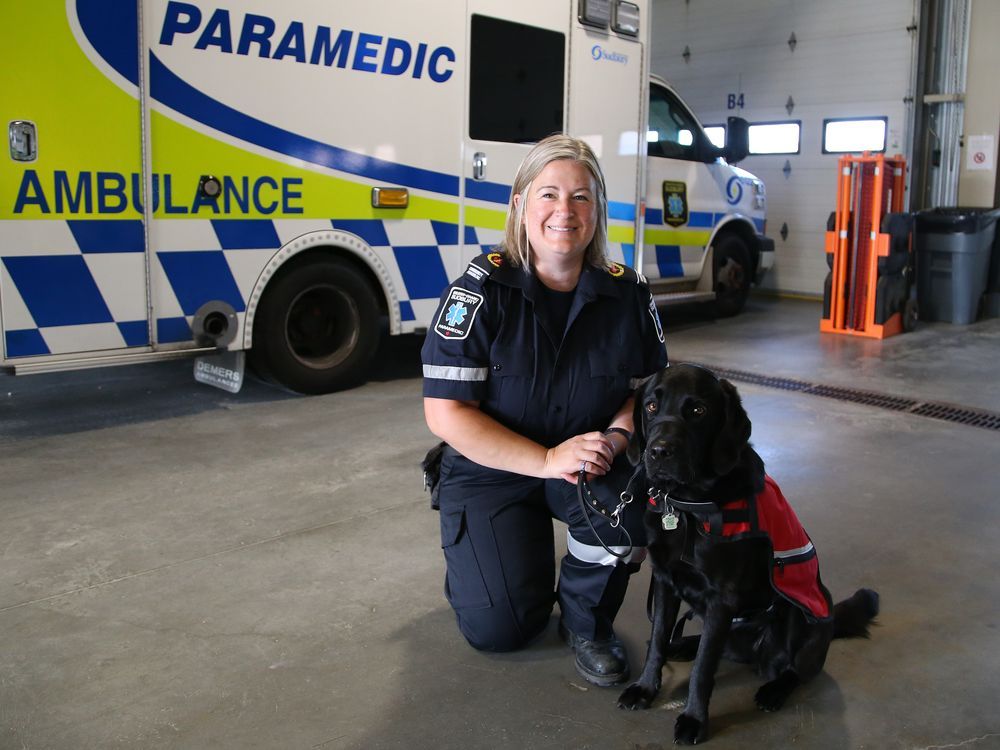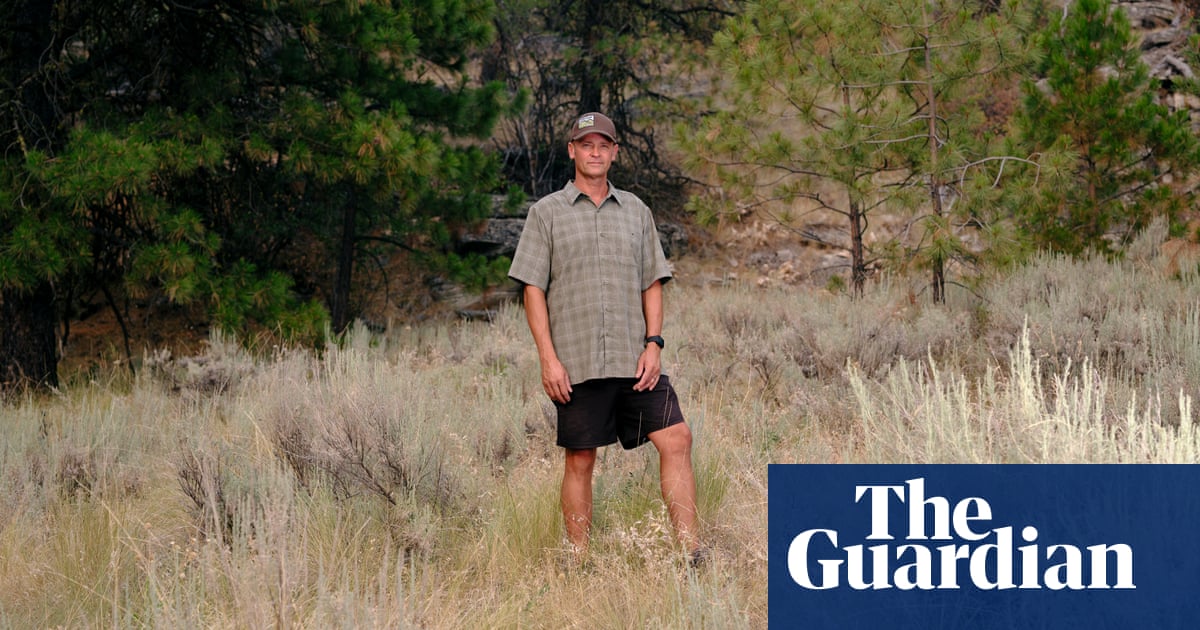- Reaction score
- 2,040
- Points
- 1,260
Saw this in, "VAC and other Soldiers' Benefits"
It's different in a large police service like Toronto, OPP or RCMP.
As a police officer, one might not be forced to spend every hour of your entire career being sent to 9-1-1 calls, if one prefers not to.
It's different for a paramedic. Some of those "screw-ups" were just worn out. Like used vehicles.
When they reach that stage, some sooner, some later,
Page 136 #5
The highlighted part came in after I retired.
Ontario PTSD Presumptive Legislation came in, also after I retired.
 news.ontario.ca
news.ontario.ca
That means, you don't have to provide a specific "workplace event".
Because in answer to that, they used to say, "You've been sent to thousands of 9-1-1 calls. Get out there and mop them up."
Now, WSIB calls it Cumulative Mental Stress.
Some say, only half-jokingly, if you don't eventually have cumulative 9-1-1 stress, you must be nuts. Sort of a Catch-22.
Because there are no "Comparable" job classifications aka "career oportunities" for City paramedics, they are placed into "Suitable" job classifications.
Every possible Job Classification one can imagine.
And, that 41,835 does not even include the City’s Agencies, Boards or Commissions (TTC, Police, Library, Association of Community Centres, etc.), Accountability Offices, or elected officials.
They will - they must - find you something.
There are outdoor jobs, as well as clean, inside jobs with no heavy lifting, and an A/C thermostat on the wall.
Maybe even Work From Home?! ( Wherever "home" may be. )
Most importantly, now,
If the pre-injury rate of pay is higher than the relocated position rate, then the pre-injury rate is to be maintained. It is understood that the pre-injury rate is subject to all wage increases negotiated.
If an honourable exit path such as that had existed when we were on 9-1-1 Operations, I suspect some ( many? ) would have taken it.
Same pay in a lower-paying classification? Interesting. I've seen it for on-to-job illness or injury accommodation and I think WSIB picks up the difference (not sure on that). But moving somebody from Job A to Job B because they were a screw-up in A, but keep their pay?
It's different in a large police service like Toronto, OPP or RCMP.
Over 180 different career opportunities within the Toronto Police Service.
As a police officer, one might not be forced to spend every hour of your entire career being sent to 9-1-1 calls, if one prefers not to.
It's different for a paramedic. Some of those "screw-ups" were just worn out. Like used vehicles.
When they reach that stage, some sooner, some later,
https://local416.ca/wp-content/uploads/securepdfs/2022/06/123059-1_TorontoCivicEmployees_CBA.pdfEmployees who are placed in a permanent alternate position, due to an occupational injury/illness (as defined by the Workplace Safety & Insurance Board), will be subject to the normal assessment period and will receive the wage rate of the position to which they are assigned. If the pre-injury rate of pay is higher than the relocated position rate, then the pre-injury rate is to be maintained. It is understood that the pre-injury rate is subject to all wage increases negotiated.
Page 136 #5
The highlighted part came in after I retired.
Ontario PTSD Presumptive Legislation came in, also after I retired.
Ontario Newsroom
without the need to prove a causal link between PTSD and a workplace event.
That means, you don't have to provide a specific "workplace event".
Because in answer to that, they used to say, "You've been sent to thousands of 9-1-1 calls. Get out there and mop them up."
Now, WSIB calls it Cumulative Mental Stress.
Some say, only half-jokingly, if you don't eventually have cumulative 9-1-1 stress, you must be nuts. Sort of a Catch-22.
Because there are no "Comparable" job classifications aka "career oportunities" for City paramedics, they are placed into "Suitable" job classifications.
As of the end of March 2023, there were 41,835 active employees in the Toronto Public Service.
Every possible Job Classification one can imagine.
And, that 41,835 does not even include the City’s Agencies, Boards or Commissions (TTC, Police, Library, Association of Community Centres, etc.), Accountability Offices, or elected officials.
They will - they must - find you something.
There are outdoor jobs, as well as clean, inside jobs with no heavy lifting, and an A/C thermostat on the wall.
Maybe even Work From Home?! ( Wherever "home" may be. )
Most importantly, now,
If the pre-injury rate of pay is higher than the relocated position rate, then the pre-injury rate is to be maintained. It is understood that the pre-injury rate is subject to all wage increases negotiated.
If an honourable exit path such as that had existed when we were on 9-1-1 Operations, I suspect some ( many? ) would have taken it.




